'It's just cosmetics' monetisation doesn't quite hold up anymore, especially now it's started to make fully-priced games worse
Premium punishment.
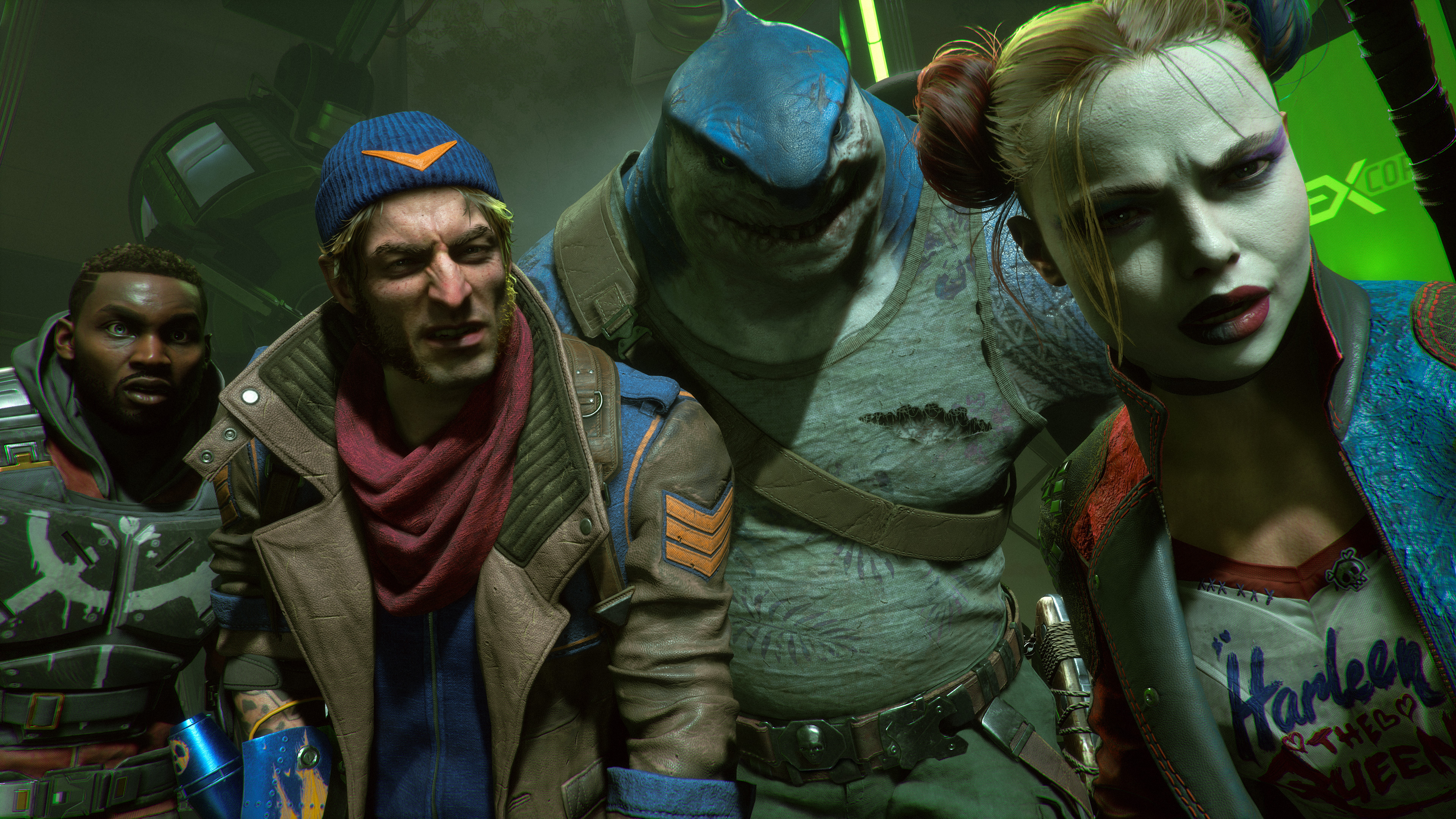
Some variant of 'it's fine if it's only cosmetics' has been the rallying cry of many a live service game and MMORPG, especially in the past few years—and OK. If you're looking at a game's balance from a pure numbers standpoint, that's absolutely true.
It's old gamer wisdom that any full-price game which locks direct power behind a credit card shall be banished to the darkest pits of Hades and consigned to purgatory forever (it's true, check your stone tablets, they came free with your Steam account). Completely free-to-play games get a bit of a pass on this, but they still have trouble pushing their luck.
The solution of relegating microtransactions to pure cosmetics can seem a good way around this, at face value. Pay-to-win is heresy, but pay-to-look good? Whatever, who cares. If someone dressed in basic duds can still clown on the drippiest players, then everything's fair in love and war.
So why is it still bothering us? I'm using the royal 'us' there, but given the general grumblings I've seen regarding stuff like that Diablo 4 horse you can't buy without spending an extra $60 on premium currency, a Final Fantasy 14 cosmetic that you can mostly-recreate in game, and—well, Suicide Squad: Kill the Justice league, it's clear we're all a little tired of cash-gated clothes.
Marketing malaise
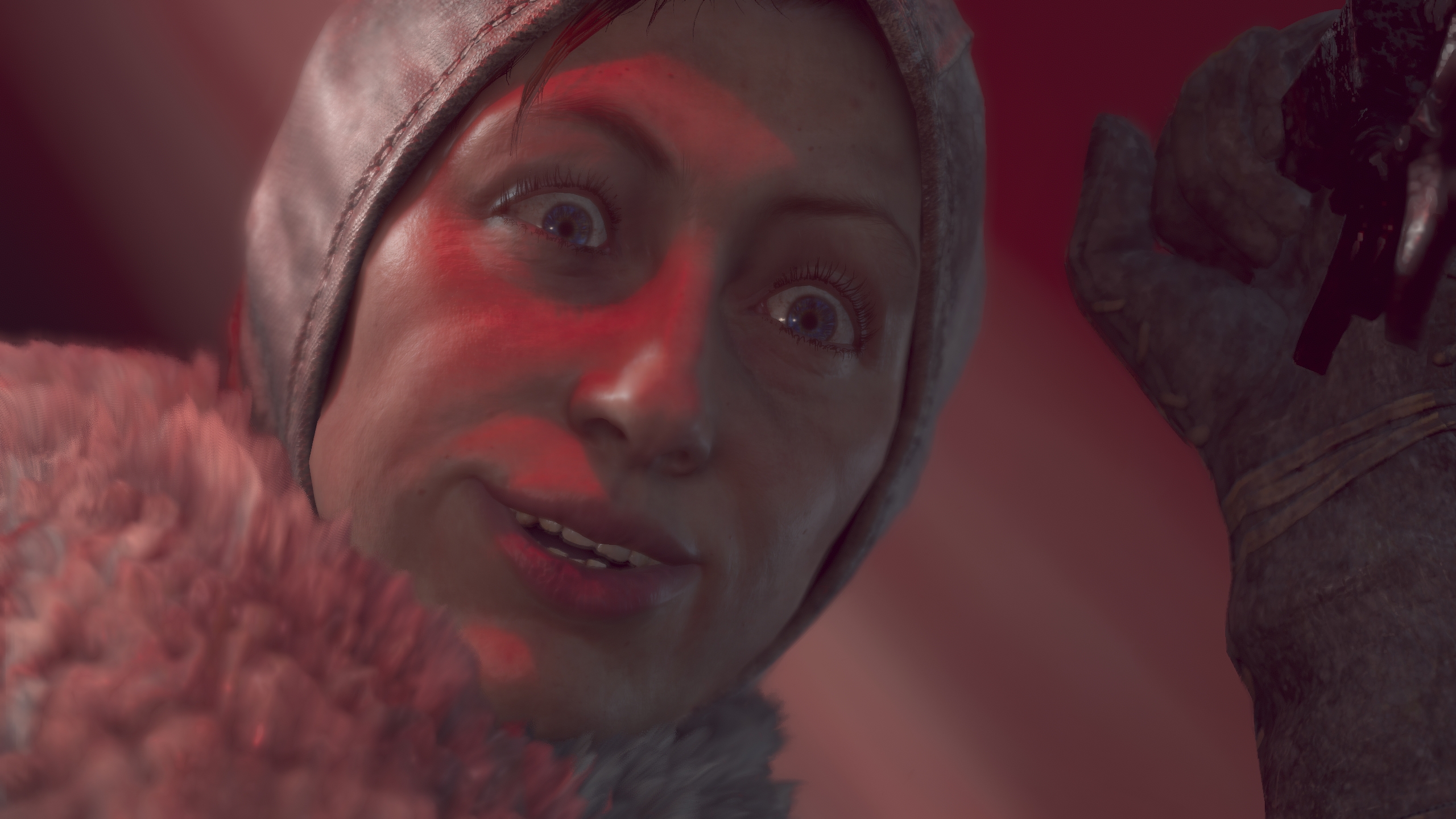
Marketing is all about psychology. As I pointed out with Diablo 4's pretty penny-pinching pony, a lot of the techniques that developers use to get you to buy stuff has a cosy home in research dedicated to tricking the human brain—and I mean well-funded, highly scientific research.
Stop me if you've heard this one before: A game has cosmetics in it that're locked behind a premium currency. However, you can only buy that currency in batches. These batches are either too small to buy you one skin, but not large enough to buy you two.
You don't have to know what "price anchoring" is to know that it sucks to be staring at a horse with a mandatory $60 purchase strapped to the side.
This is upselling (arguably, it's forced upselling) and it's been used in stores and advertisements forever. It's the same reason every take-out app asks if you want to pay way too much for extra pickles on your burger, though I guess you still get the burger in that case.
Keep up to date with the most important stories and the best deals, as picked by the PC Gamer team.
These techniques are used because they're lucrative as all hell, but they also sour our relationships with games because, well, the more you're exposed to them, the more you start to see through them, and the more jaded you get. Even if you don't have the vocabulary to express why. You don't have to know what "price anchoring" is to know that it sucks to be staring at a horse with a mandatory $60 purchase strapped to the side.
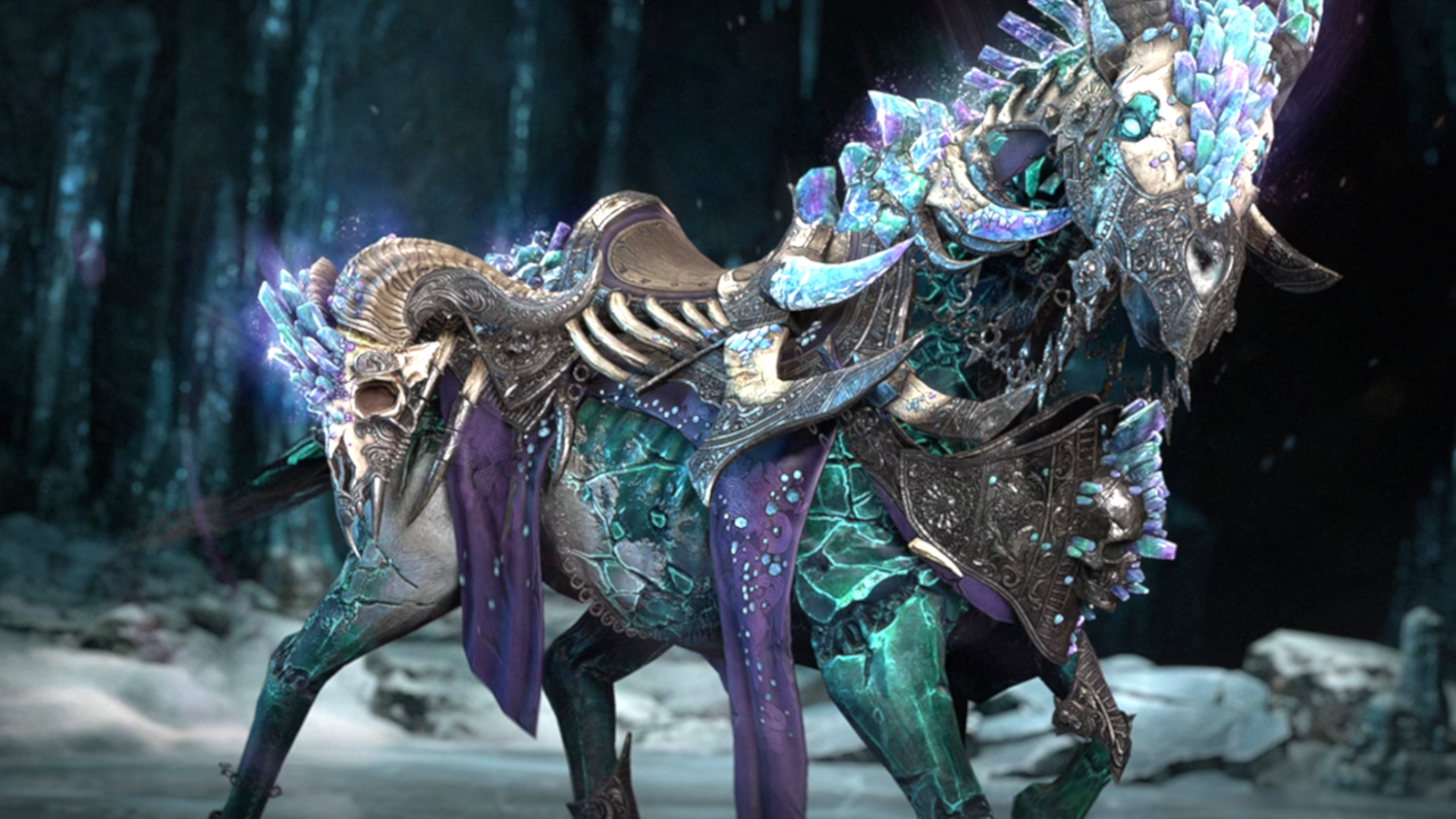
To draw a comparison, there's a certain soap and beauty chain here in the UK that I shan't name out of politeness' sake. In this chain, sales assistants—who are just doing what they're told—are encouraged to walk up and chat to you, recommending heftier purchases.
I cannot stand this. Not because I don't like talking to strangers, but because I find it impossible to make any sort of decision when I'm being stared at. But in the real world, you can just choose not to go to the store without missing out on much. Because the marketing is directly related to buying soap, which is what you are there to do.
In games however, the ads we're ambushed with aren't really linked to the thing we came there to play. If a cash shop puts me off a game, it's not just interfering with my purchasing decisions, it's bothering me in the middle of my hobby that I already spent money on. Just having a cash shop button in a fully-priced game is enough to bother me, let alone pop-up advertisements. Marketing is the background radiation of our current society, sure—and it's inescapable. But do you want it in your escapist time? Not really.
But let's say these things are suitably tucked away in completely-optional corners. You have to go on a website and specifically seek out cash-based cosmetics. Is there still a problem?
Yeah, kinda
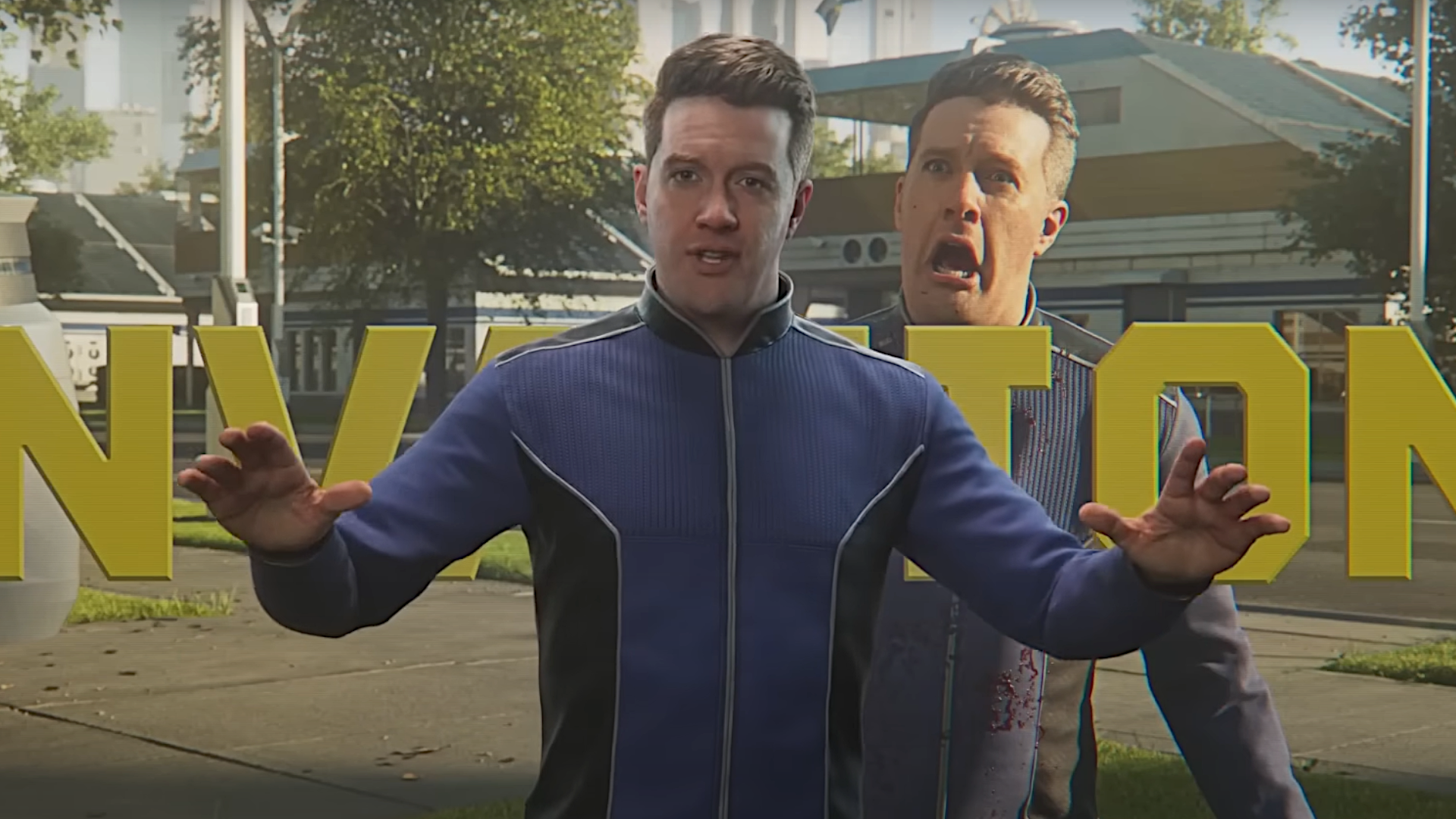
Helldivers 2 has paid cosmetics like capes, emotes, and helmets. However, as the devs have explicitly stated before, it's not a game that wants to nickel-and-dime you. It still has to do that a little, because that's unfortunately just how games work nowadays, but as we've pointed out in the past—there's not much pressure to spend your cash.
That's because you can get premium warbonds just by playing the game, since you can rack up enough super credits with a bit of elbow grease. If you want shiny extras (and some actual weapons) you've got a grind ahead of you, but not a wall.
I do want to underscore that a lot of this isn't angled towards free-to-play games—at least, not entirely.
But Helldivers 2 is a bit of an outlier. Most full-price live-service games (and some single-player ones, too) will completely gate off certain cosmetics behind cash. Again, this shouldn't be a problem—the objective of a game is to win at it, and a cool new suit doesn't do that, right? I think, however, that we still do lose something when a cosmetic is consigned to the cash shop dungeon.
Anyone who has played an MMORPG will tell you that fashion is a huge part of the endgame. Outfits and clothes are actually extremely motivating rewards for most players. Heck, an entire tier of Final Fantasy 14's endgame, Ultimate Raids, only really give you a shiny weapon skin for beating them—and it works. Players spend months learning those fights just for the bragging rights alone.
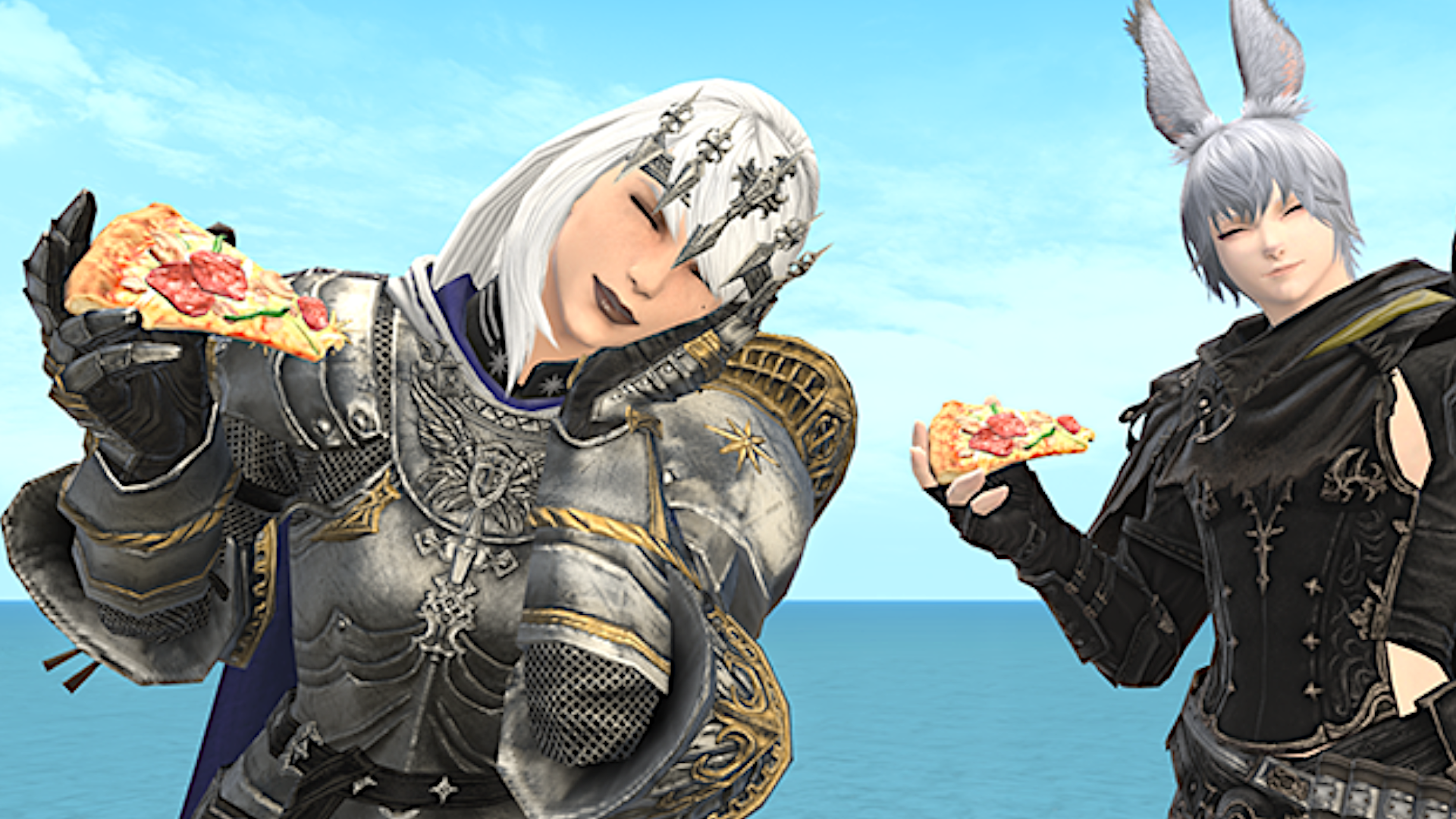
Any time you lock a game's reward behind a paywall, you're making a slice of your rewards structure worse. Think of how many times you've discovered that the only affordable freemium cosmetics in a game are kinda-ugly recolours of your current skins—and think about how much wind that's knocked out of your sails. It's not motivation to grind, it's motivation to buy.
I do want to underscore that a lot of this isn't angled towards free-to-play games—at least, not entirely. While aggressive monetisation does tend to whittle my enthusiasm away from those games over time (I could never grok with gacha) that's more of a subjective dislike than a black mark, especially when you're getting a ton of playtime for free.
The soaring budgets and demand for a long tail of revenue have created a world where every game has a slightly suckier rewards structure, and it's all our own (consumers, publishers, and society's) damn fault.
Yet the infuriating truth of it is that a lot of full-price games, particularly ones with multiplayer elements, do need to monetise to keep the lights on. The soaring budgets and demand for a long tail of revenue have created a world where every game has a slightly suckier rewards structure, and it's all our own (consumers, publishers, and society's) damn fault.
Even if I think Helldivers 2 does it well, and should be the model going forward, its grind is still probably slower than it otherwise would be. The ever-present specter of industry conditions and stockholder happiness means we're just kinda stuck here for the considerable future—but one thing's for certain, I don't think 'it's just cosmetics!' cuts it, anymore.

Harvey's history with games started when he first begged his parents for a World of Warcraft subscription aged 12, though he's since been cursed with Final Fantasy 14-brain and a huge crush on G'raha Tia. He made his start as a freelancer, writing for websites like Techradar, The Escapist, Dicebreaker, The Gamer, Into the Spine—and of course, PC Gamer. He'll sink his teeth into anything that looks interesting, though he has a soft spot for RPGs, soulslikes, roguelikes, deckbuilders, MMOs, and weird indie titles. He also plays a shelf load of TTRPGs in his offline time. Don't ask him what his favourite system is, he has too many.

